Photo by Jon Tyson on Unsplash
There aren’t blueprints detailing the exact steps to take to become famous. It’s not as though your favorite actors and actresses are detailing their step-by-step guide to gaining success in the industry. And any actor who is forthcoming about their experience details a very similar path: starting as a struggling actor, going for auditions, finally receiving an opportunity by a director who saw their potential. The rest – as they say – is history.
But what happens between having the ambition or desire to be an actor and landing a breakout role?
In this post, we’ll detail the three phases of an acting career. These three phases work on the basis that most actors who experience some level of success have followed this process.
The First Phase of Starting An Acting Career
There are only two parts to step one. But these are the building blocks that will determine how successful your career will be.
Moving Locations
Possibly the most impactful decision any aspiring actor – or their parents’ – can make is to move. This move might have been across the country to another state or across the world to another country. But, it’s undeniable that Hollywood is where most of your favorite’s acting careers began. The move to Los Angeles also allows you to complete other parts in the following two phases, including networking and attending auditions.
Studying
If you believe the idiom ‘there are no small parts, only small actors,’ then you’ll want to start studying. Because the next best thing you can do to increase your chances of becoming a bonafide actor is to develop and perfect your craft. Of course, many actors don’t have formal education in their profession, however, developing their craft allows them to be far more natural and convincing in auditions. Additionally, studying can also help you network better and learn how to successfully attend an audition. You don’t need to attend college for this. Exploring local acting classes, online acting classes, and even finding a mentor will help you propel your skills tremendously.
The Second Phase of Starting An Acting Career
Now that you have the building blocks, it’s time to make progress that will achieve tangible results.
Finding an Agent and a Manager
The role of an agent and a manager are remarkably different. A talent agent has to pitch you to casting agents and directors – to find more roles. They’ll take a percentage as commission for any work they secure for you. Additionally, an agent is legally obligated to find work for you, whereas a manager is not.
Ultimately, to get work as an actor, you’ll need an agent. Because without one, you have no connection to the industry.
The role of a talent manager, however, is that of someone who manages your brand as an actor. Your manager will pursue getting more roles and auditions from your agent, finding PR opportunities, connecting you to others in the industry who can propel your career, and so on. Your manager will also give you insight and advice about upcoming projects, what you can do to improve your acting, and your look, among other things. While a manager isn’t a necessity, it can be the difference between getting general auditions and getting auditions that lead to major roles.
Taking Your Headshots
Acting is possibly one of the only industries where basing the criteria for a role on your look isn’t discriminatory. However, to convincingly play a character, you’ll need to look the part. Your headshots are what casting agents are going to use to determine whether you do, in fact, look the part. They’ll do this before they decide whether or not they want you to come in for an audition. Making your headshots an investment.
When you’re taking your headshots, hire a professional photographer who specializes in capturing actors’ headshots and can help you portray a variety of looks in your photoshoot.
The Final Phase of Starting An Acting Career
The final phase of your acting career never ends. It will be a part of your journey until you land a breakout role that allows you to pay your bills from this profession.
Networking
Hardly anyone calls it show business anymore, but the term is entirely accurate. Like any business, show business requires you to ‘advertise’ to be successful. In this sense, advertising will be networking. If you want more exposure, you should constantly network because you never know where or when you’ll land your big break.
Pursuing Other Interests and Exploring Other Avenues
Pursuing other interests doesn’t mean you don’t think you’ll succeed as an actor. It simply means that you understand that you have real-world responsibilities. Pursuing other interests can also help you find other industries you could be passionate about. But it also means you can have a full-time job or career outside of acting.
Attending Auditions and Learning To Deal With Rejection
The final part, and possibly the most grueling aspect of being an actor, is having to attend countless auditions. Even well-known actors attend auditions and get rejected for the roles they’re interested in. Being turned down for roles doesn’t mean you’re not a good actor, what it means is that you have room to improve. Therefore, it’s beneficial to think of each audition as a learning experience.
For some actors, this process may take a matter of months, for others a few years. But, regardless of how you progress through these phases, know this: every step you take takes you one step closer to achieving your aspirations.








